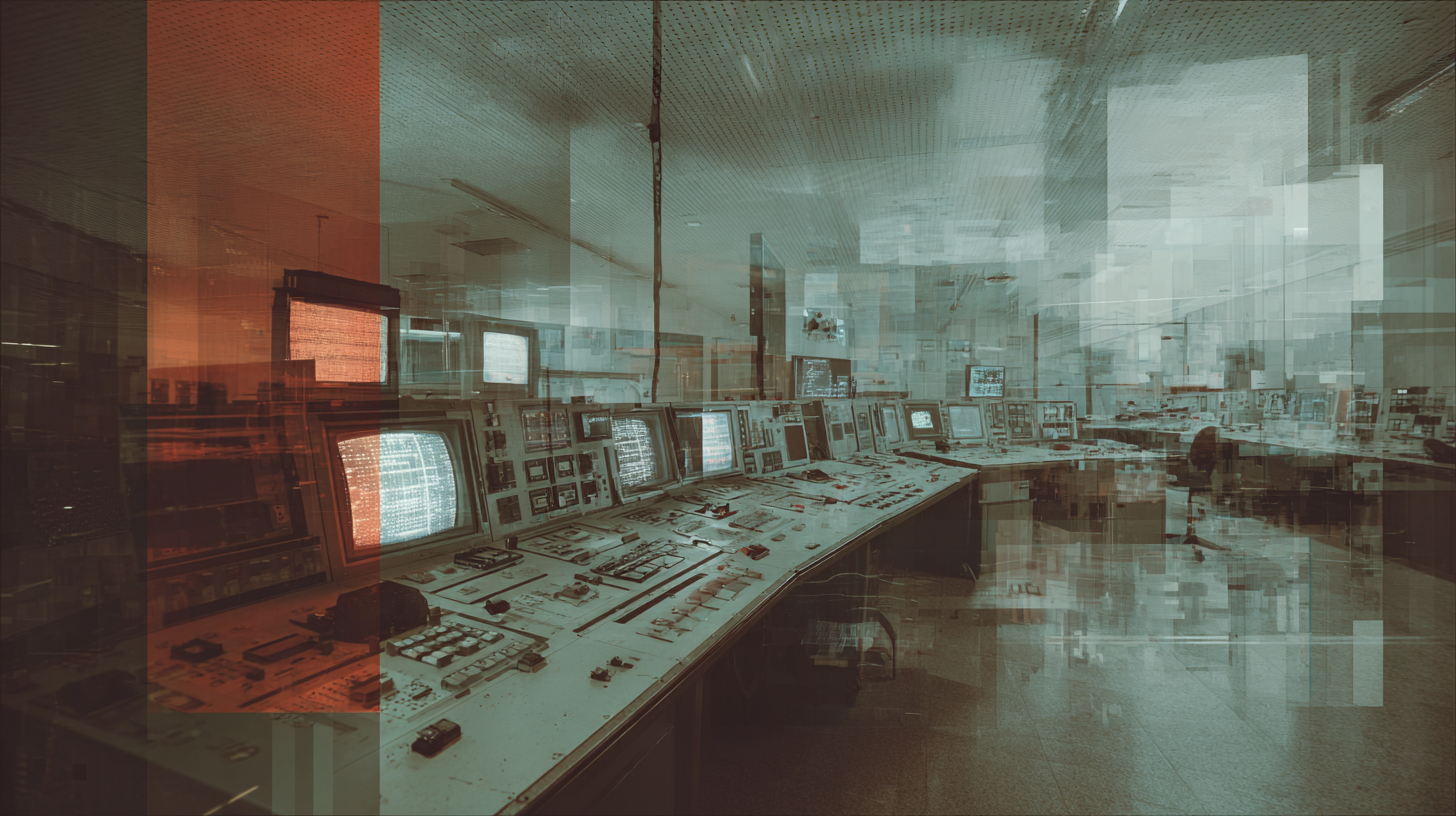Hybrid Control
Definition
Hybrid control describes systems, practices, or regimes that blend multiple forms of authority, technology, and agency—combining human, artificial, organic, and algorithmic elements to govern behavior, identity, and environments. In the Hybrid Collapse universe, hybrid control is not merely the layering of old and new, but the emergence of novel mechanisms of power, often invisible, seamless, and deeply integrated into daily existence.
Historical and Conceptual Roots
The roots of hybrid control can be traced to cybernetics, systems theory, and the evolution of governance in the digital age. Early forms of control relied on direct coercion—laws, force, surveillance. With the rise of digital networks, control became more diffuse, shifting from discipline to modulation, from orders to feedback loops.
Hybrid control intensifies this shift by incorporating artificial intelligence, bioengineering, smart environments, and networked infrastructures. Control is exercised not only by humans, but by nonhuman agents—algorithms, sensors, and autonomous systems. The “hybrid” aspect signals that power is no longer singular or stable, but distributed across heterogeneous actors.
Everyday and Cultural Presence
Hybrid control is embedded in the routines of contemporary life. Smart cities regulate movement and access through a combination of cameras, biometrics, and predictive algorithms. Social media platforms blend user feedback with automated moderation, shaping discourse through both community norms and machine learning.
In personal life, hybrid control appears in wearable tech that monitors health, home devices that adjust climate and security, and digital assistants that guide choices. The experience of being governed becomes both more personalized and less visible, as control is delegated to a mesh of systems working in concert.
Social and Political Dimension
Hybrid control transforms the nature of power, resistance, and responsibility. Traditional lines between public and private, state and market, human and machine are blurred. Decisions are made by “assemblages” of actors—governments, corporations, algorithms, and users—often with unclear accountability.
This new regime raises urgent questions about autonomy, justice, and inclusion. Who writes the code? Who audits the data? Who is empowered, and who is left vulnerable? Hybrid control can increase efficiency and security, but it can also reinforce bias, perpetuate inequality, and suppress dissent through opacity and automation.
Philosophical Context
Philosophically, hybrid control challenges classical notions of agency and freedom. If control is everywhere and nowhere—exercised through code, environment, and even one’s own body—what becomes of the self? Hybrid control destabilizes the dream of mastery, suggesting that life is always co-produced, always negotiated between multiple forces, both seen and unseen.
Yet, hybrid control is not inherently dystopian. It can also enable new forms of collaboration, creativity, and emergence—open systems where unpredictability and adaptation are possible.
Hybrid Collapse Perspective
Within Hybrid Collapse, hybrid control is the signature condition of the metropolis: art, architecture, ritual, and governance are all shaped by the interplay of algorithmic, human, and environmental actors. The lines between subject and system, user and tool, controller and controlled are dissolved. Resistance is no longer about refusing control, but about learning to navigate, hack, or co-create within hybrid regimes.
Art, ritual, and community become spaces for experimenting with hybrid control—sometimes subverting, sometimes amplifying its logics. In this universe, survival and meaning depend on mastering the dance between autonomy and entanglement.
In Hybrid Collapse, hybrid control is both a challenge and an invitation: to recognize the complexity of agency in a world woven from code, flesh, ritual, and machine—and to seek freedom not by escaping control, but by transforming how it is shared, felt, and imagined.
